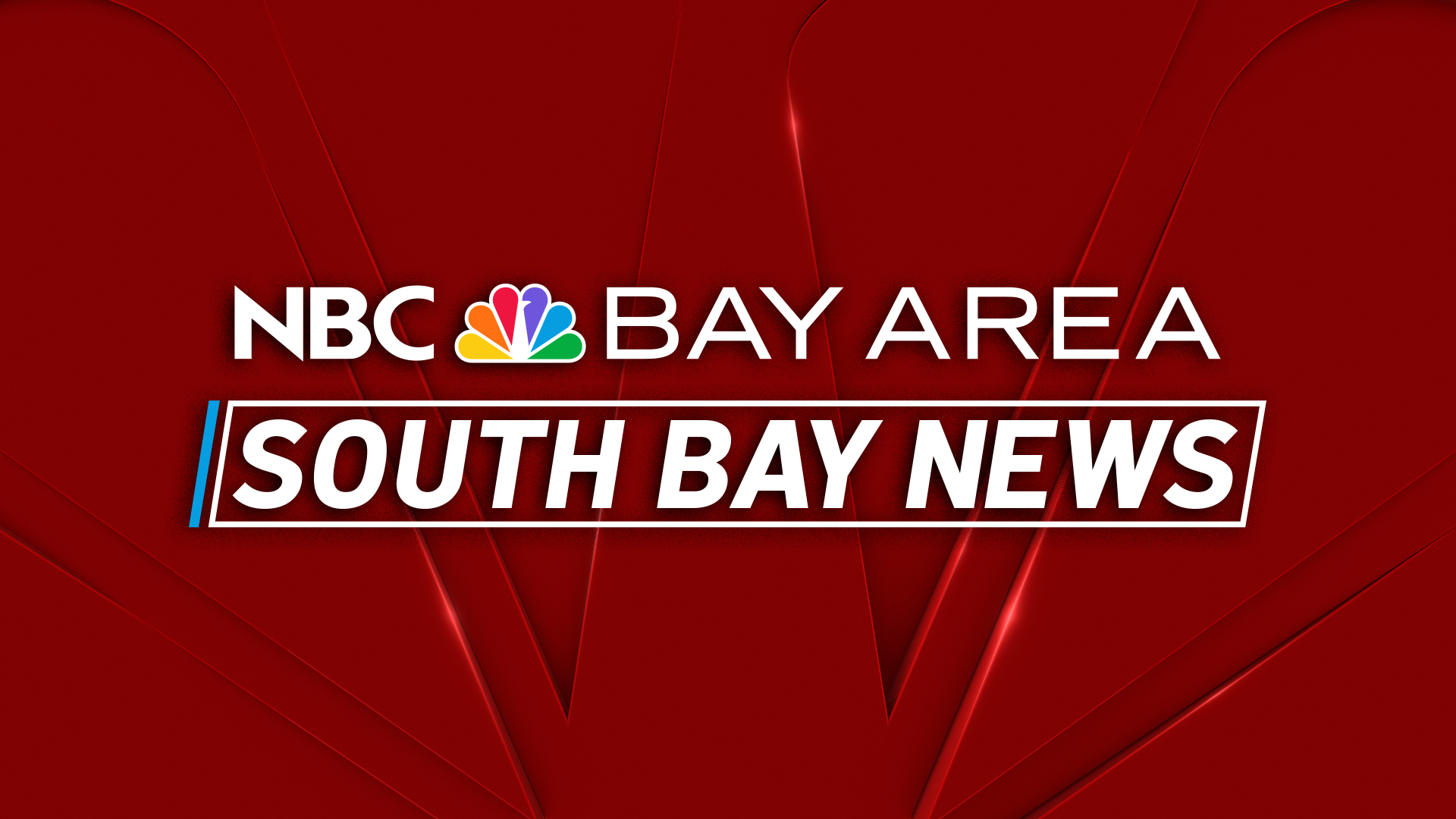Nearly three months ago, the world watched with horror when a garment factory collapsed in Bangladesh, killing more than 1,100 workers. In response, dozens of retailers, mostly from the European Union, signed a legally binding plan to conduct independent factory inspections.
Two Bay Area based clothing companies, Gap Inc. and Levi Straus, chose not to sign the agreement. In a statement, a Levi spokesperson said, "We have been closely following the various initiatives that are forming in response to the tragedies in Bangladesh. We applaud these efforts, but based on our years of experience in Bangladesh, we believe we can do more and faster, through or existing approach."
Gap joined an alternative alliance of mostly American retailers, which includes Walmart, Target, and Nordstrom. In a statement a Gap spokeswoman said, "The Alliance plan is a significant step toward achieving safer factory conditions for garment workers in Bangladesh. It brings together retailers and industry associations from across North America to play a substantial role in improving working conditions for people in Bangladesh's garment industry."
Labor groups claim this plan, which would create a $42 million fund, does not go far enough, and does not pay toward the renovation and repair of Bangladesh garment factories.
A local non-profit, Good World Solutions, gives workers a way to take action through their cell phones. "With the power of mobile technology now, and we're approaching a one-to-one ratio of people on the planet and mobile subscriptions, workers have their own phones and it enables us to communicate with them in a new way," Good World Solutions Director Heather Franzese said.
Good World Solutions allows the workers to a way to report problems and voice their concerns through an anonymous survey, giving companies important real-time data. "Unlike social auditing where workers are interviewed face-to-face and they fear retaliation, where often times they're given bonuses to lie to auditors, this gives them an anonymous channel," Franzese said.
While Franzese is doing what she can to help empower factory workers, she would like to see big apparel and retail companies show more leadership to bring about change. "Larger companies have leverage with factories to really push for change, and if we're going to see large scale change, it has to be from larger companies stepping up and making those commitments," Franzese said.
Local
Some smaller companies have been making those commitments for years. Prana, an active wear retailer based out of L.A. became the first company in North America to receive fair-trade certification in apparel. "We felt like we reached a point where we really had to take a leadership position which is why we pushed for fair trade certification," said Prana CEO, Scott Kerslake. He acknowledge getting the fair trade certification increased his costs, but was worth doing. "We have stood for this for quite a long time and I tell you, it feels like it's swimming upstream a fair amount, because quite frankly not a lot of companies are focused on this."
It takes about 12 to 18 months to get a fair trade certification for apparel.



